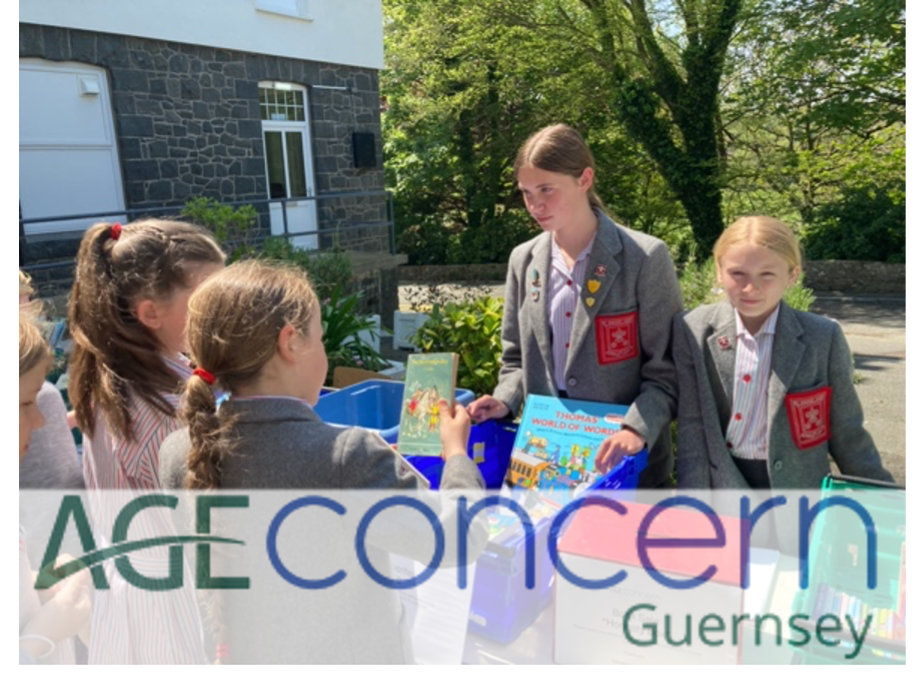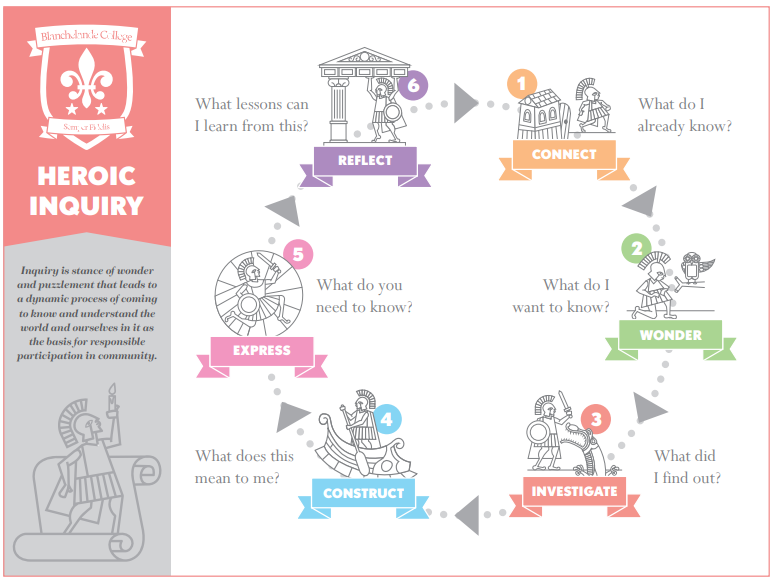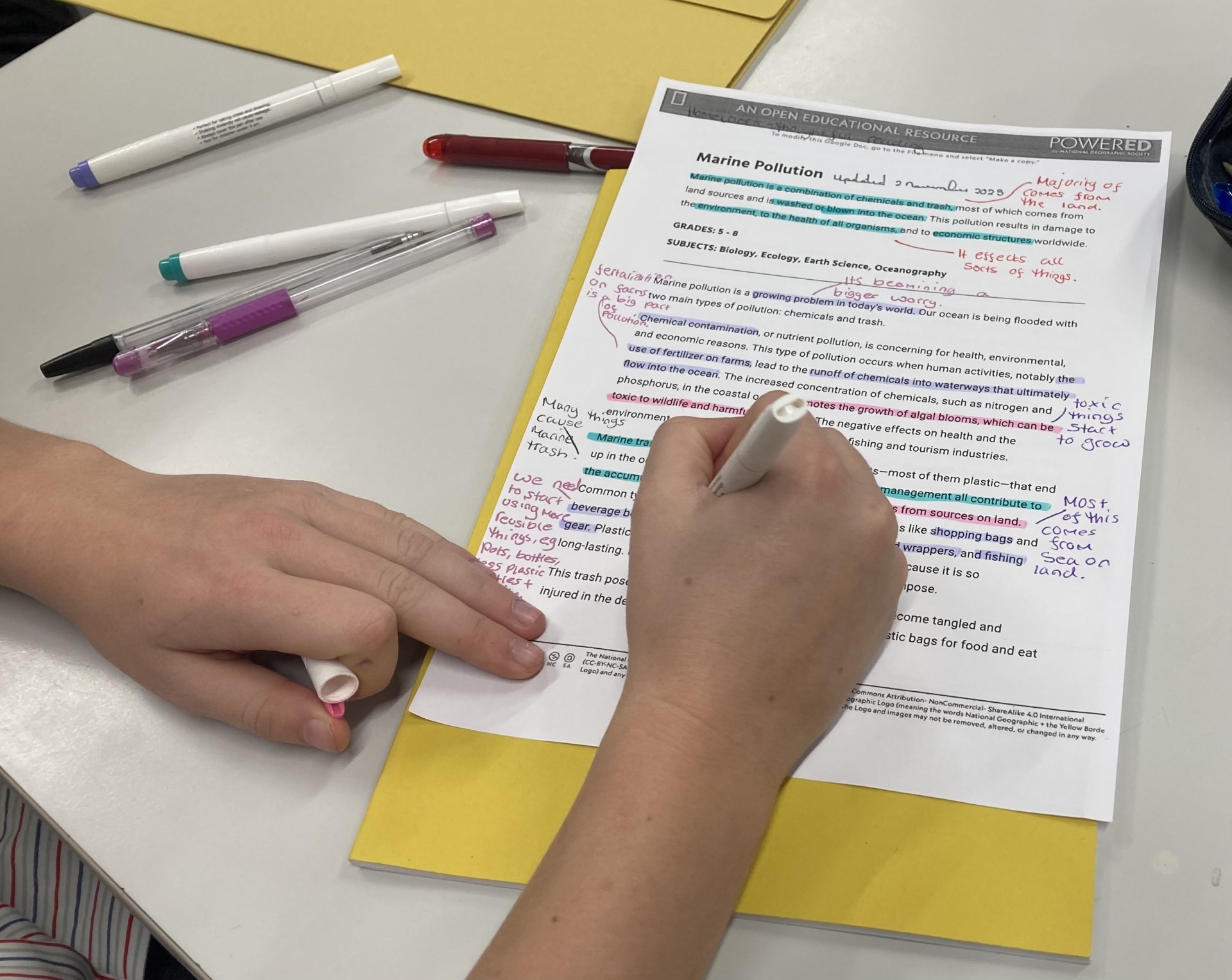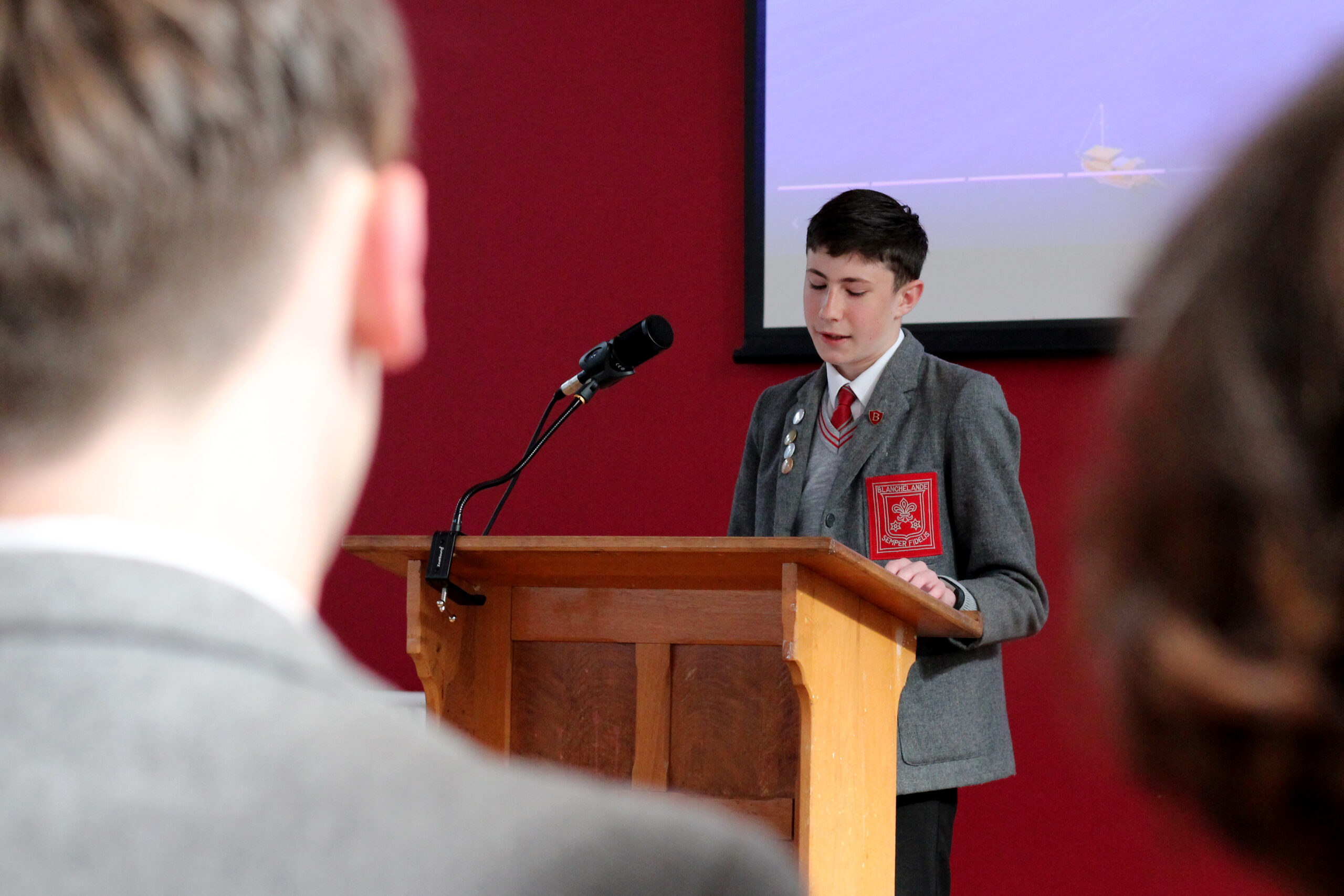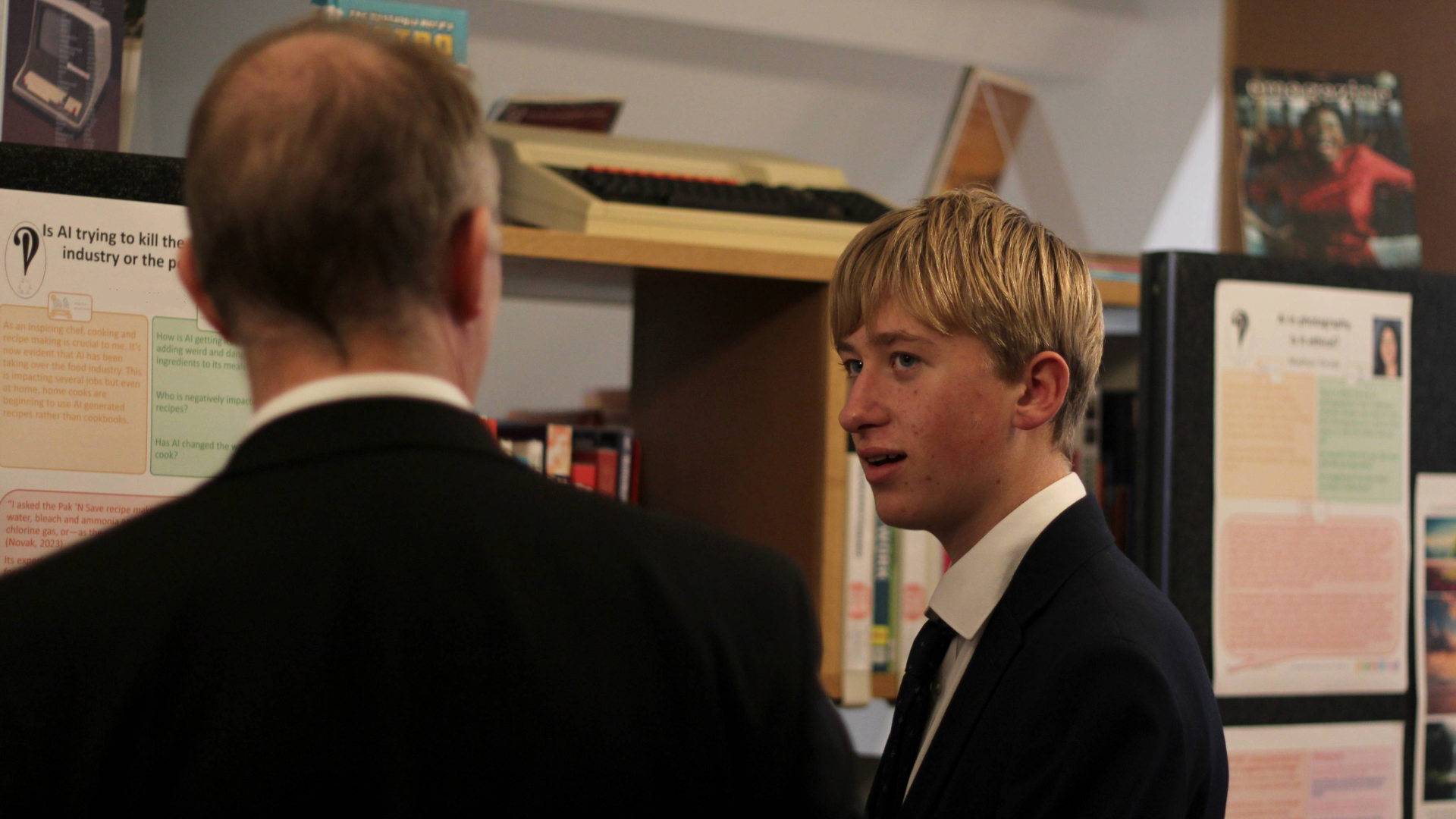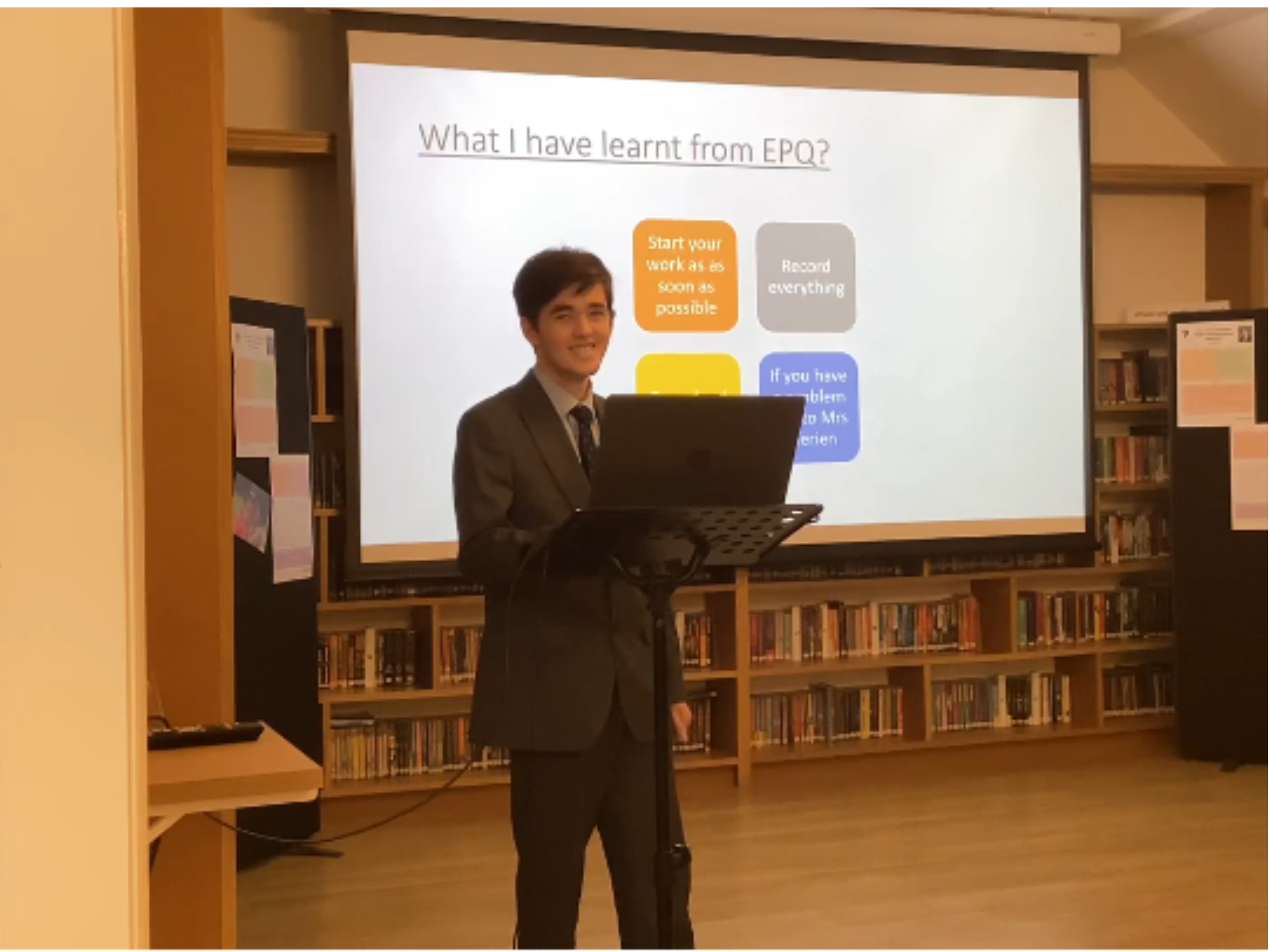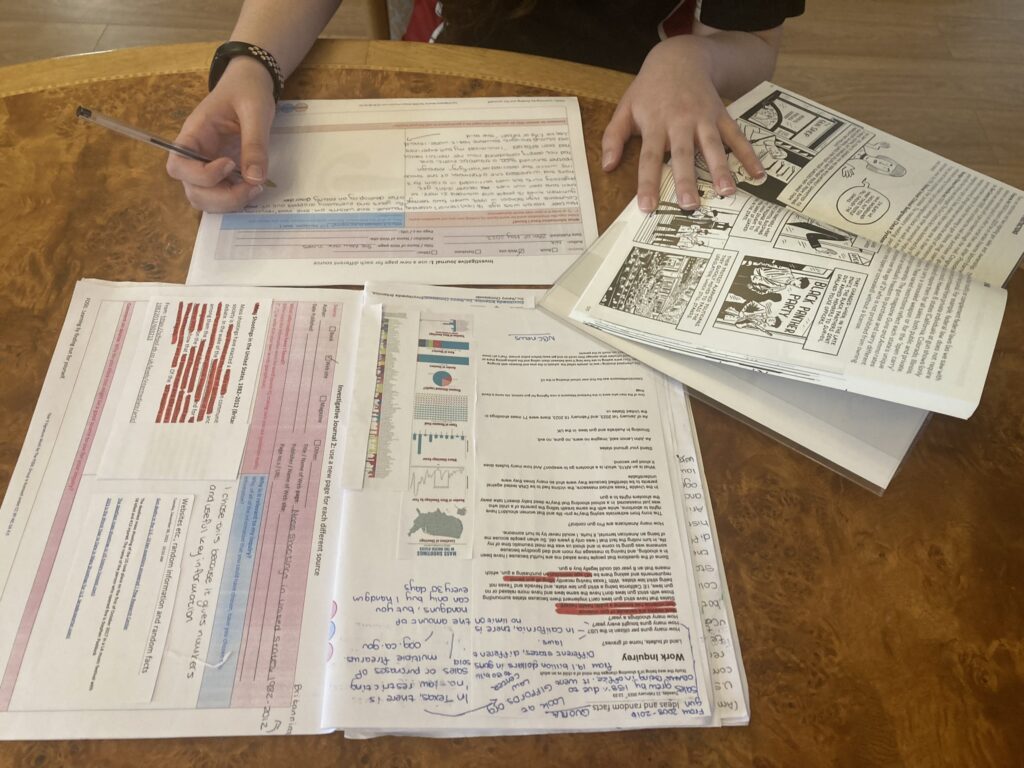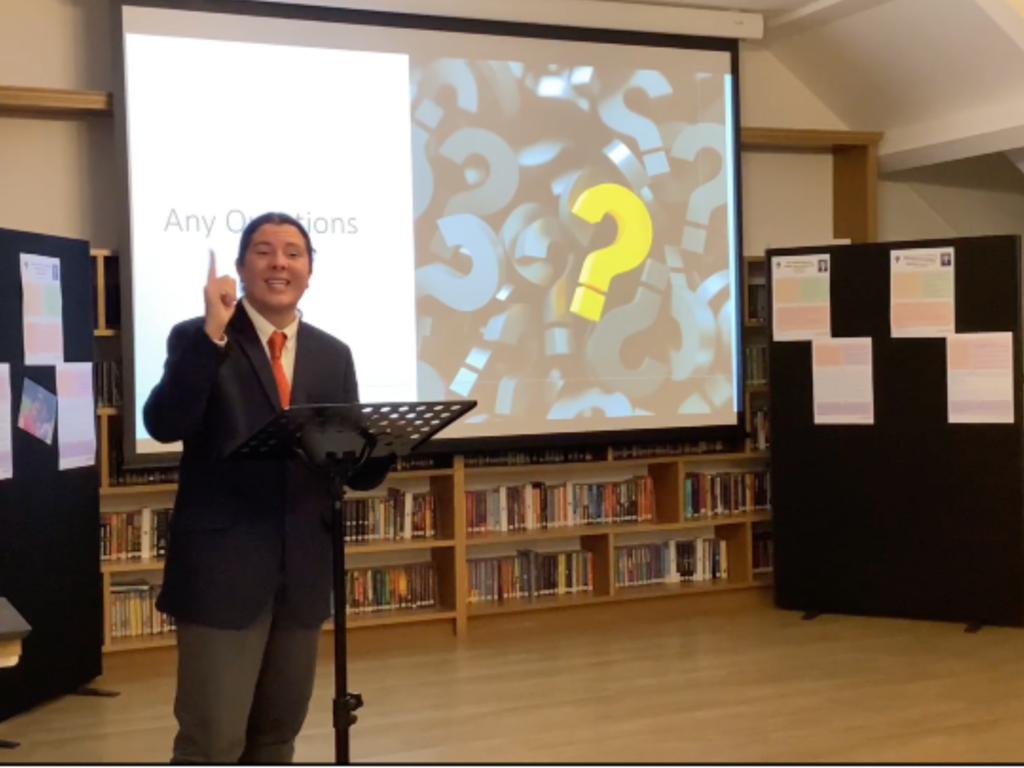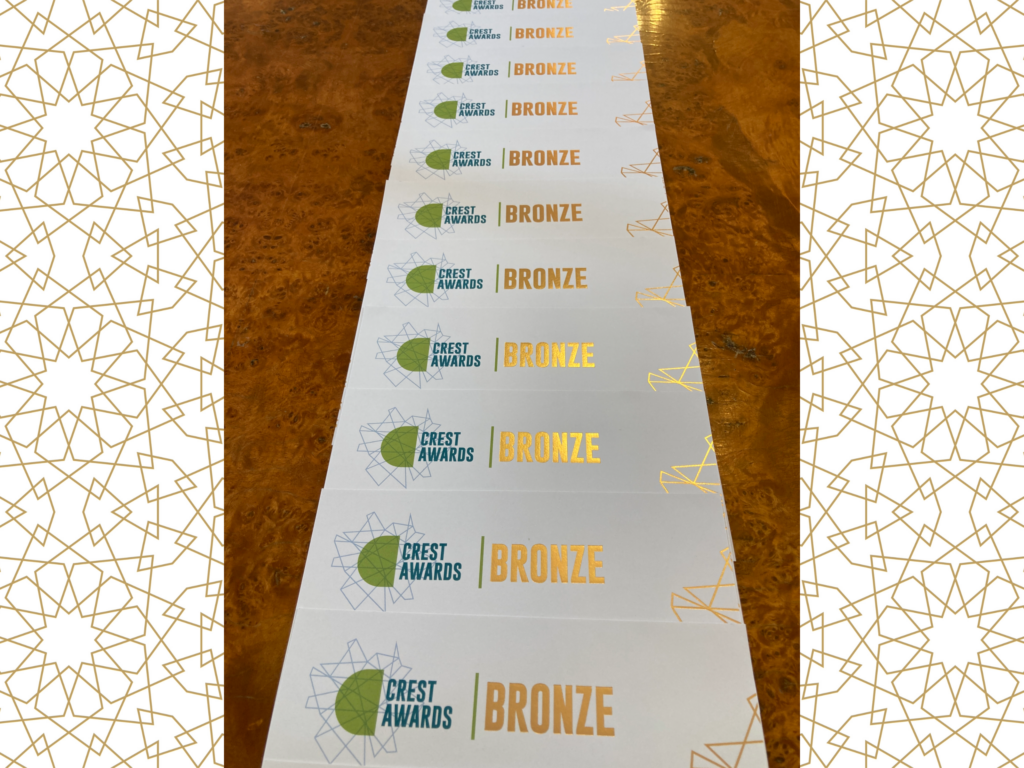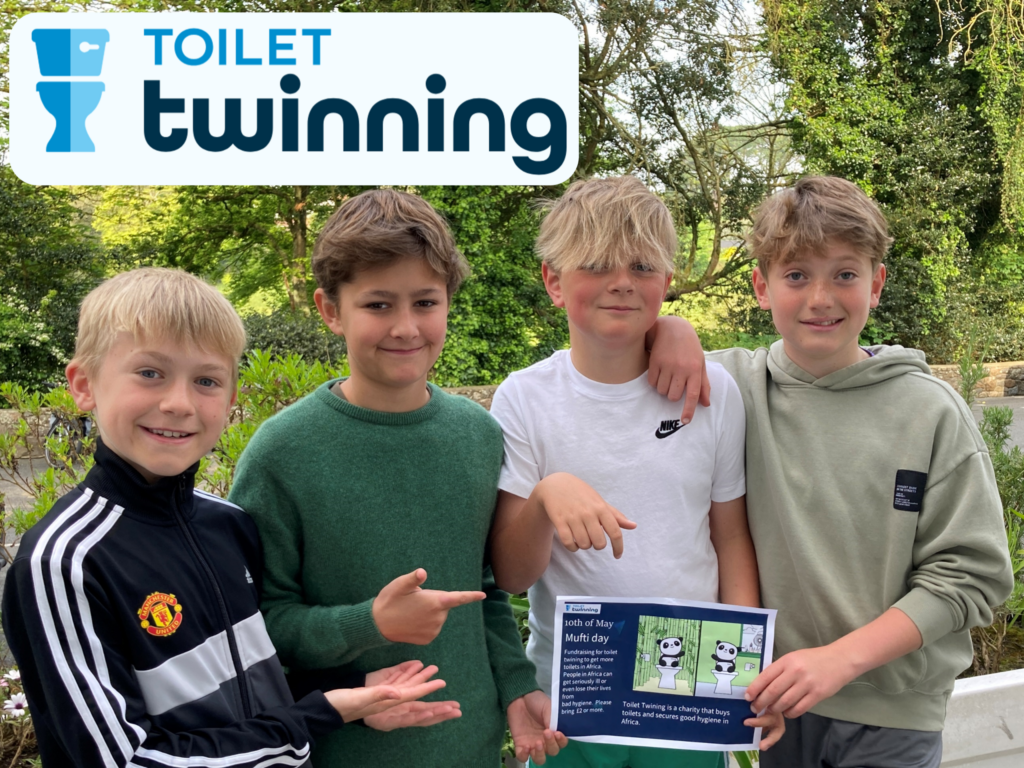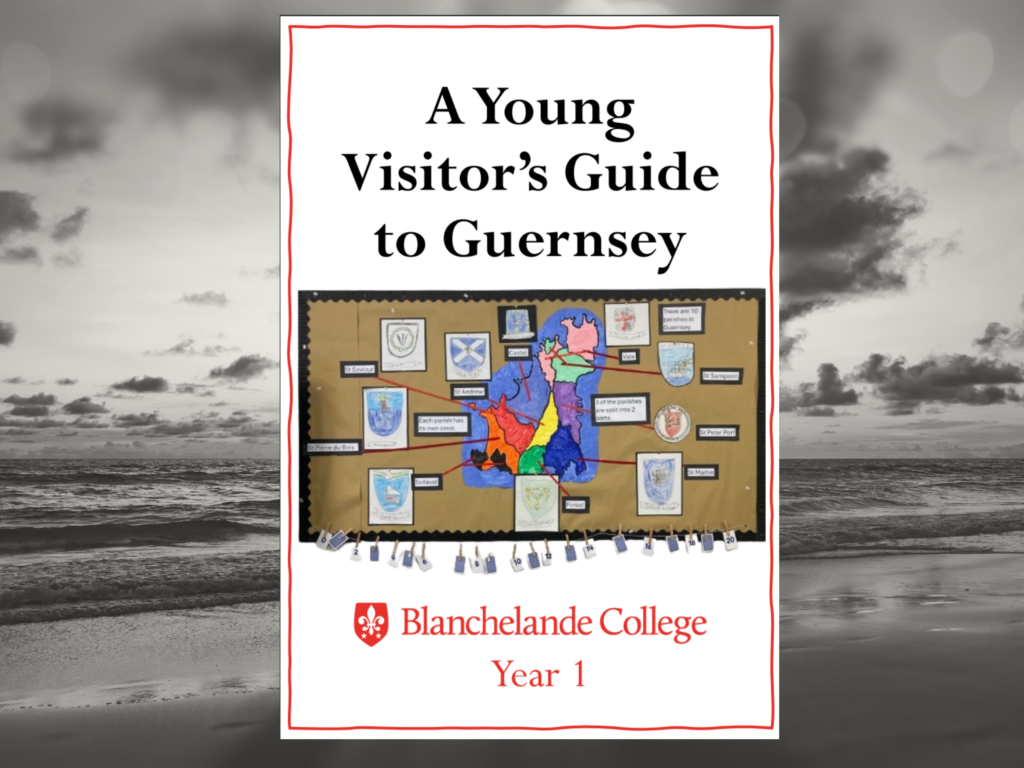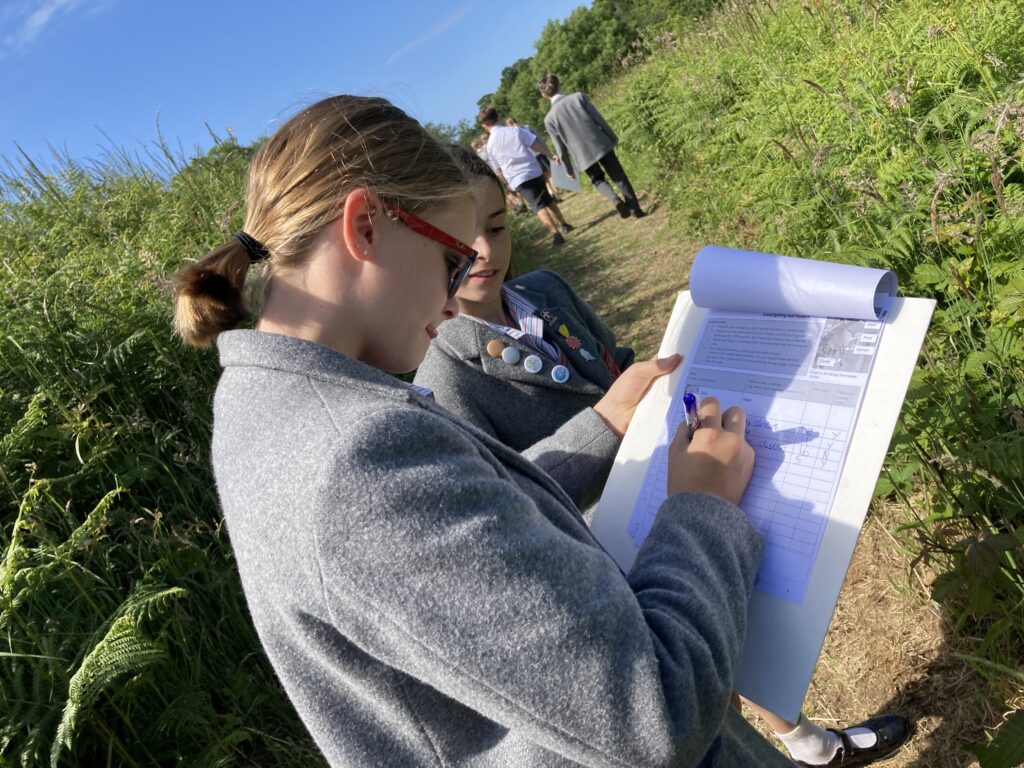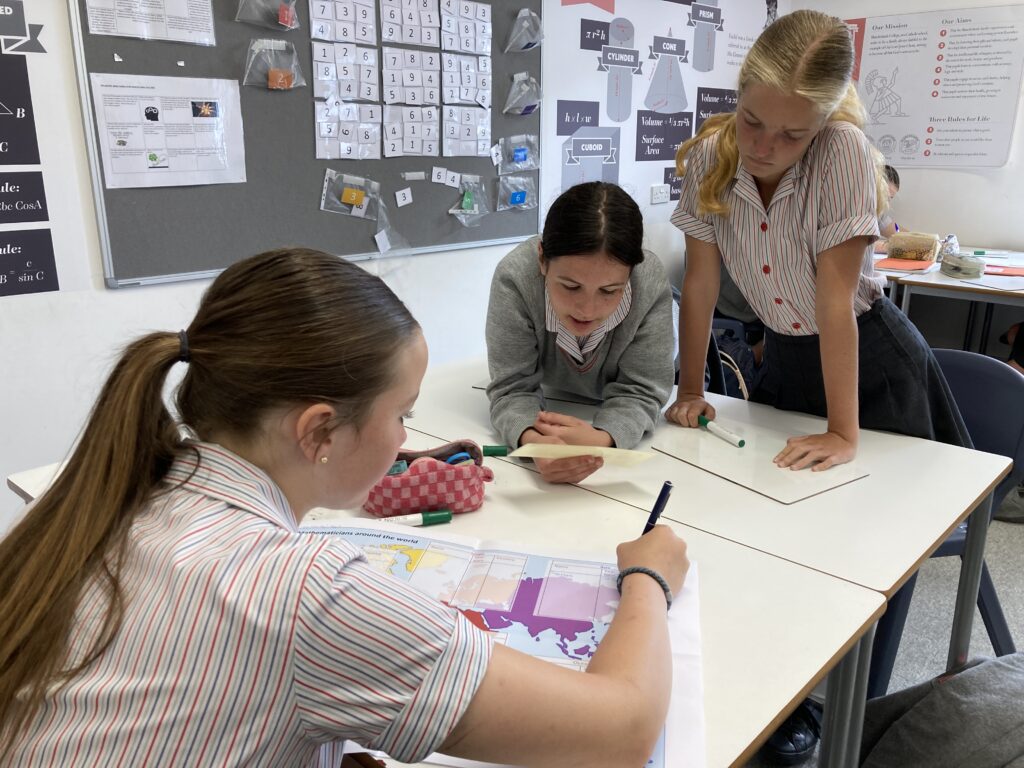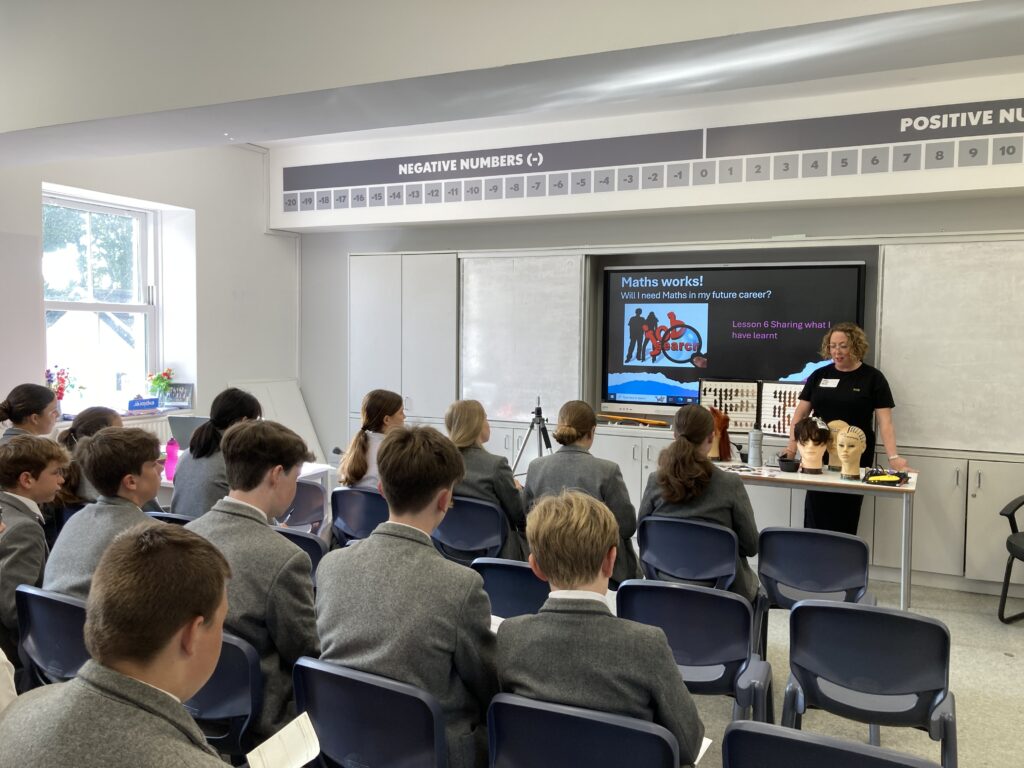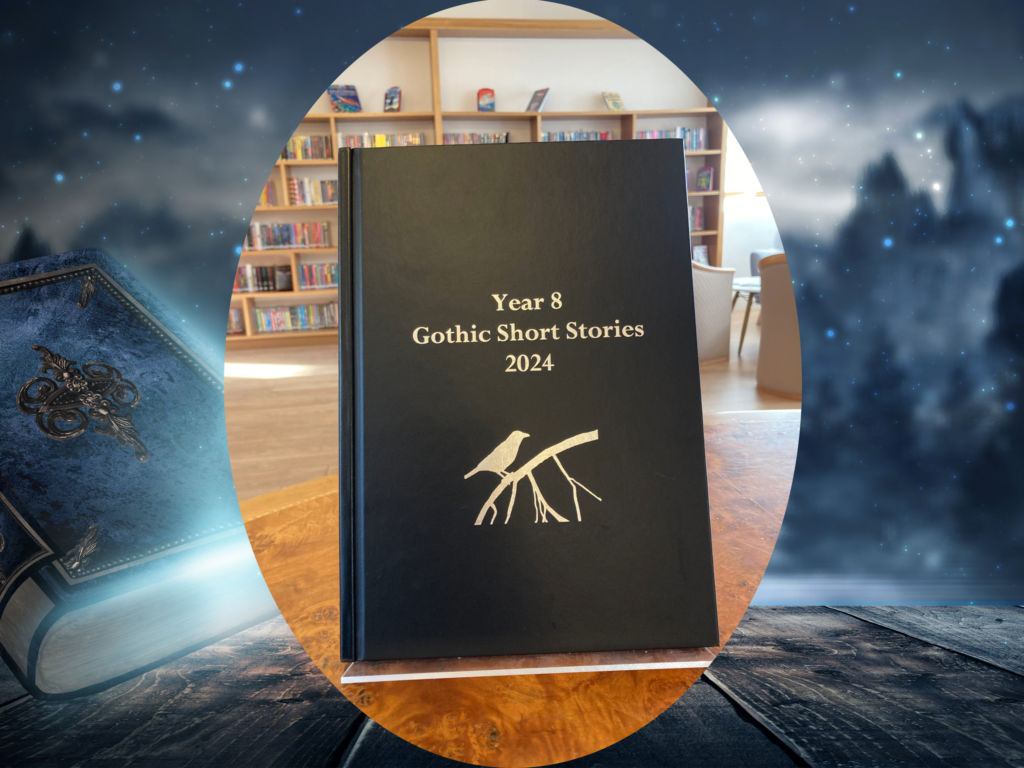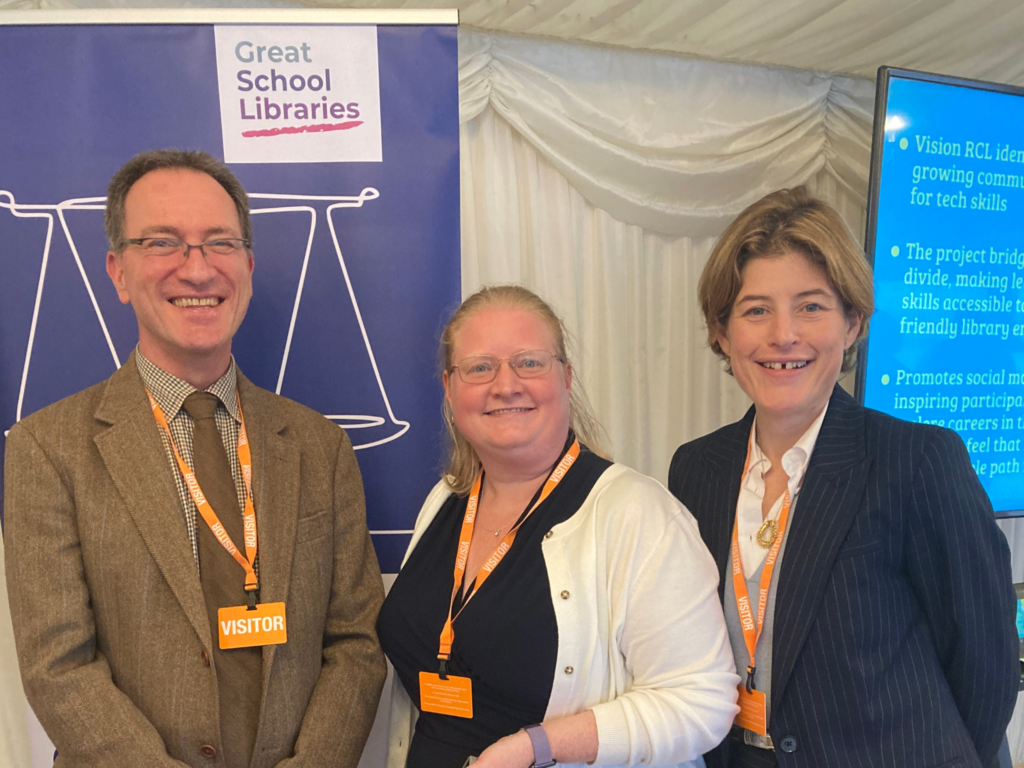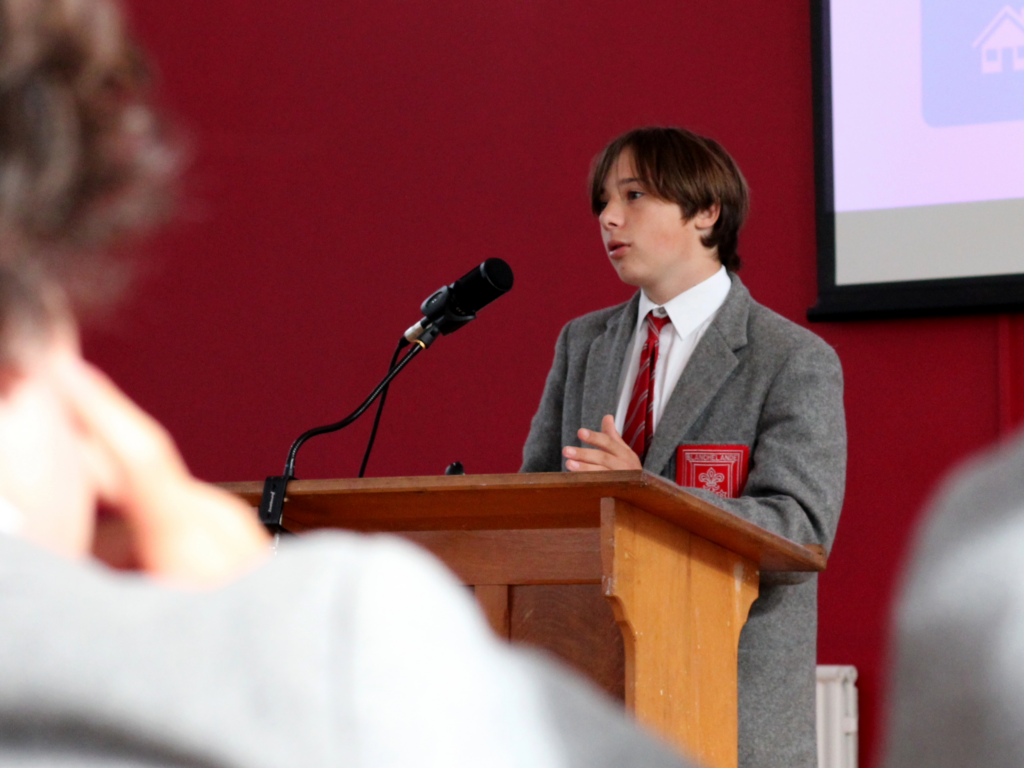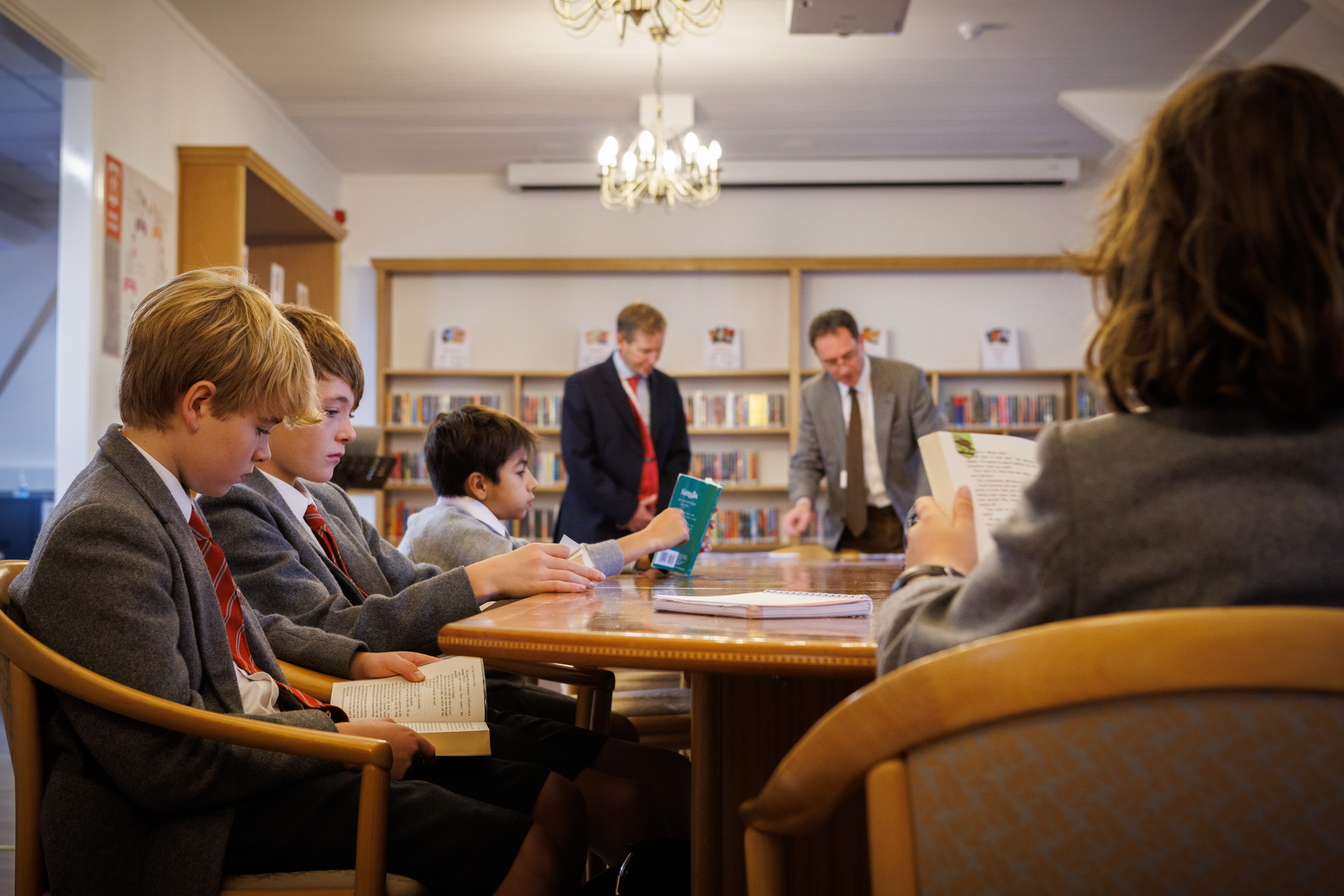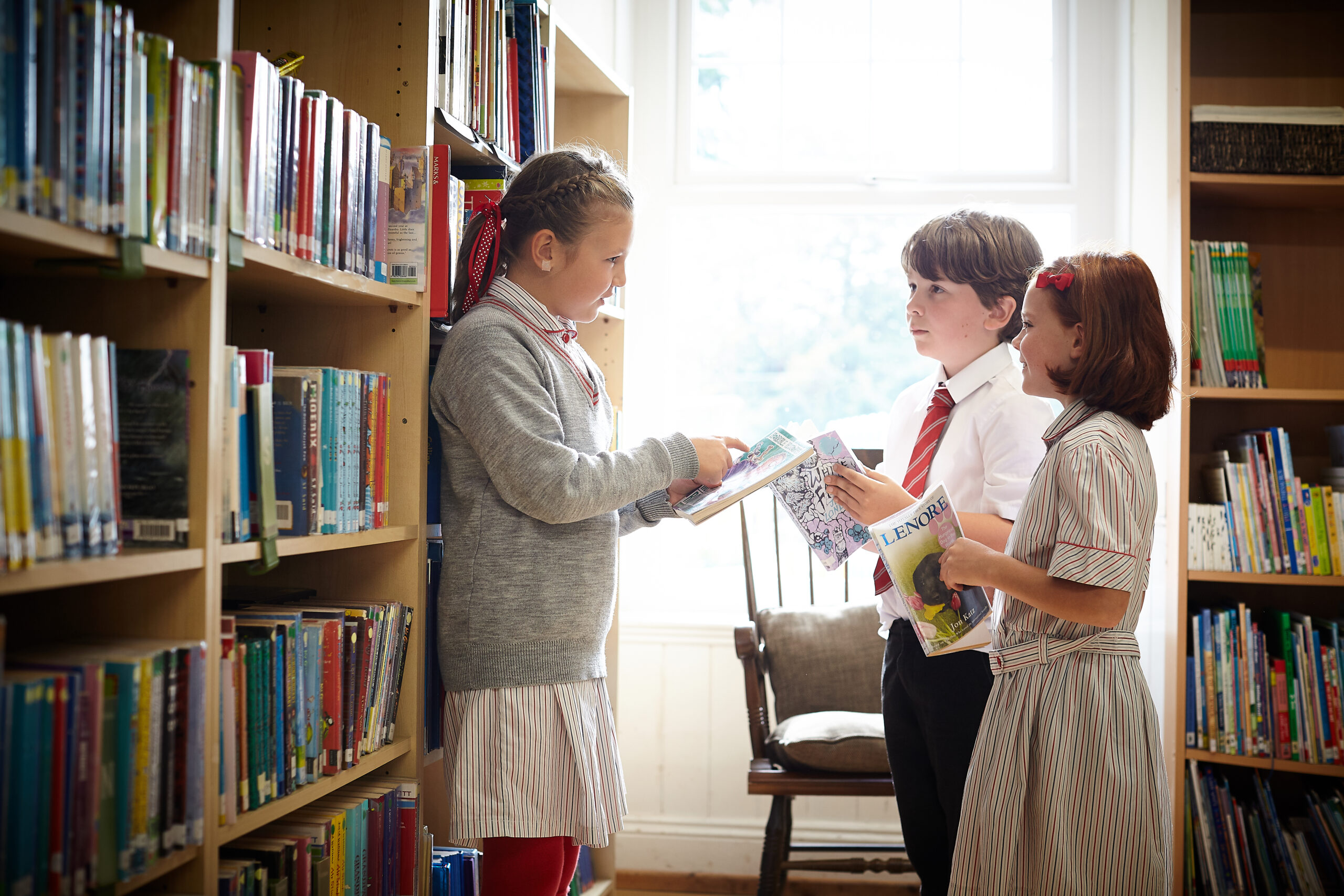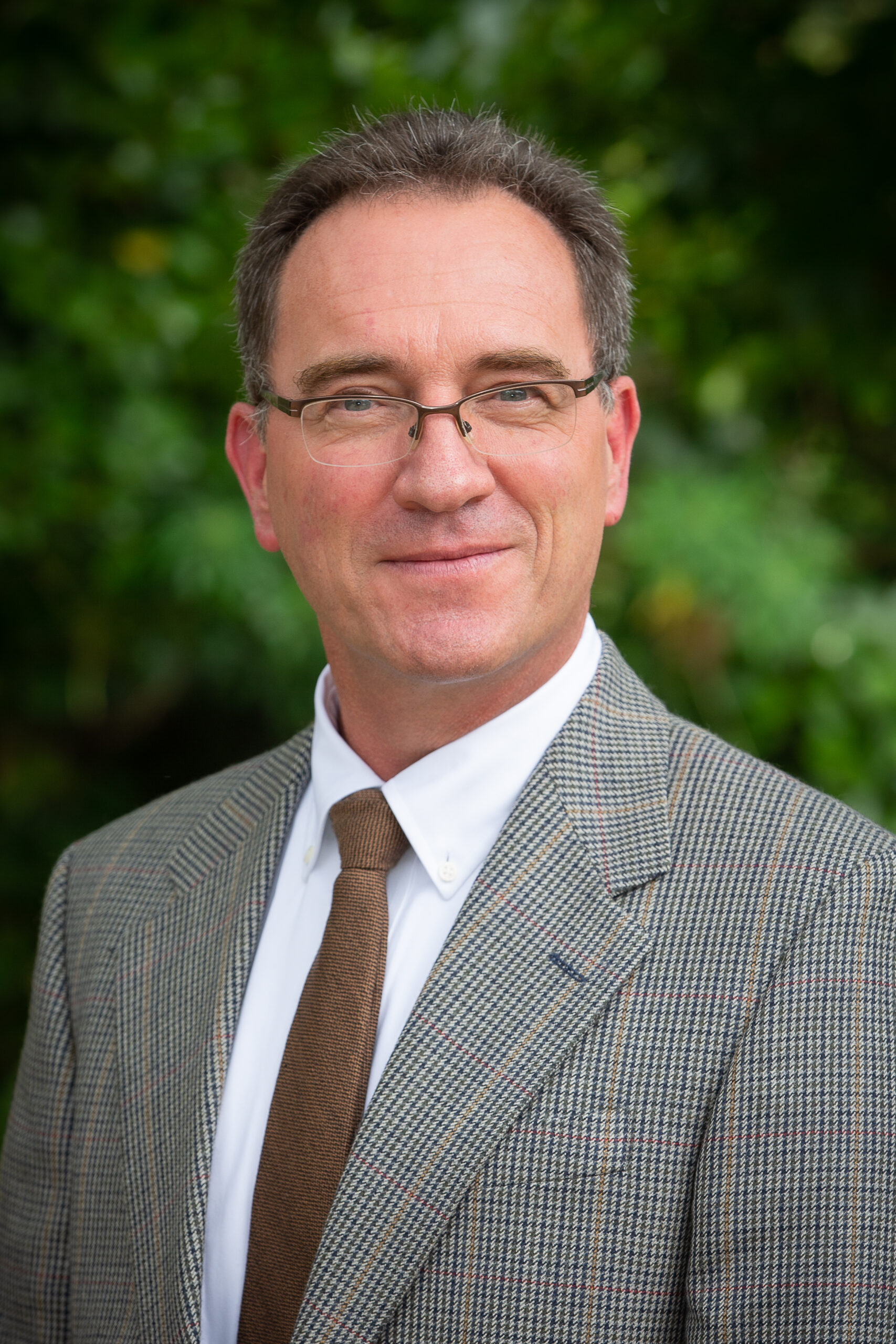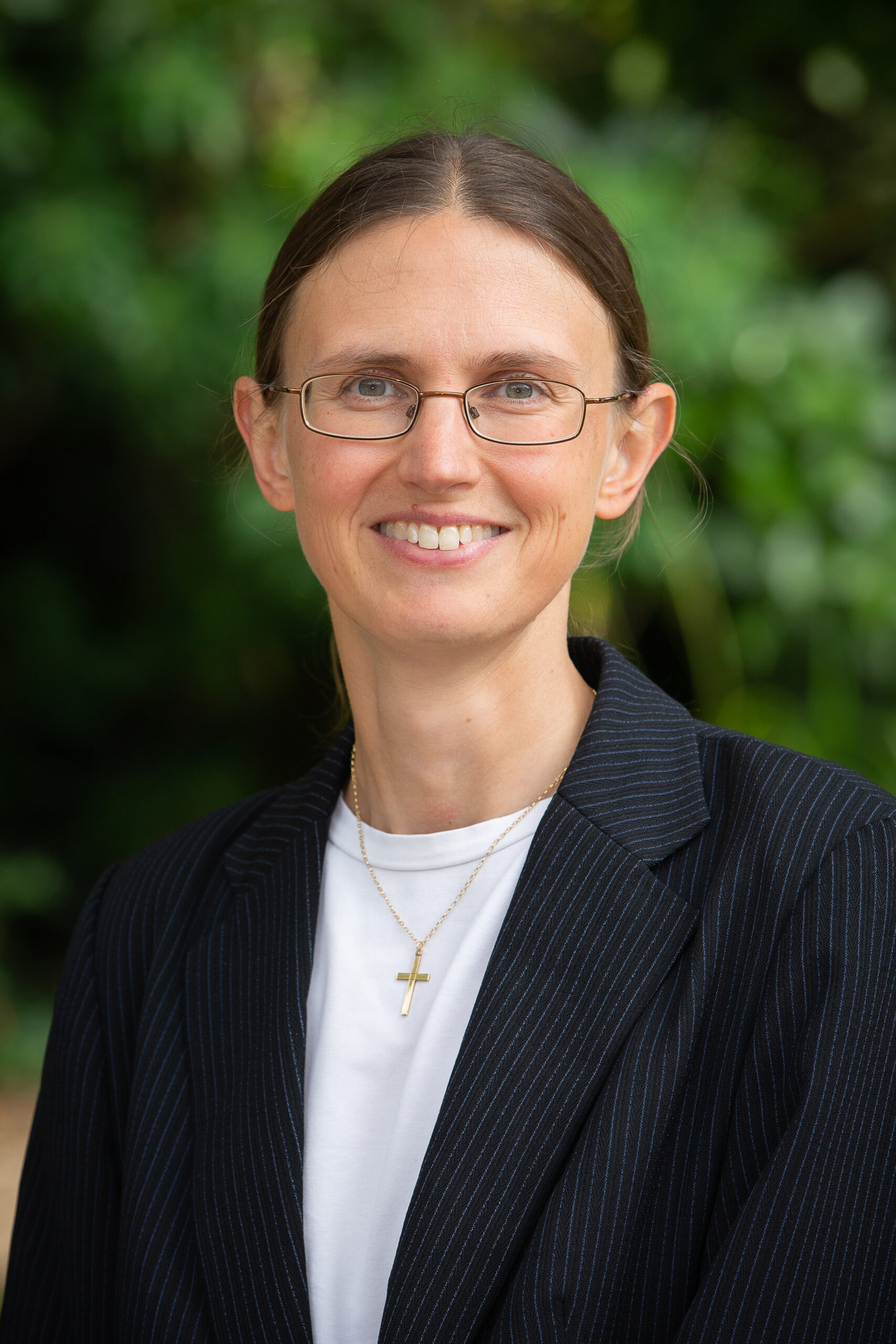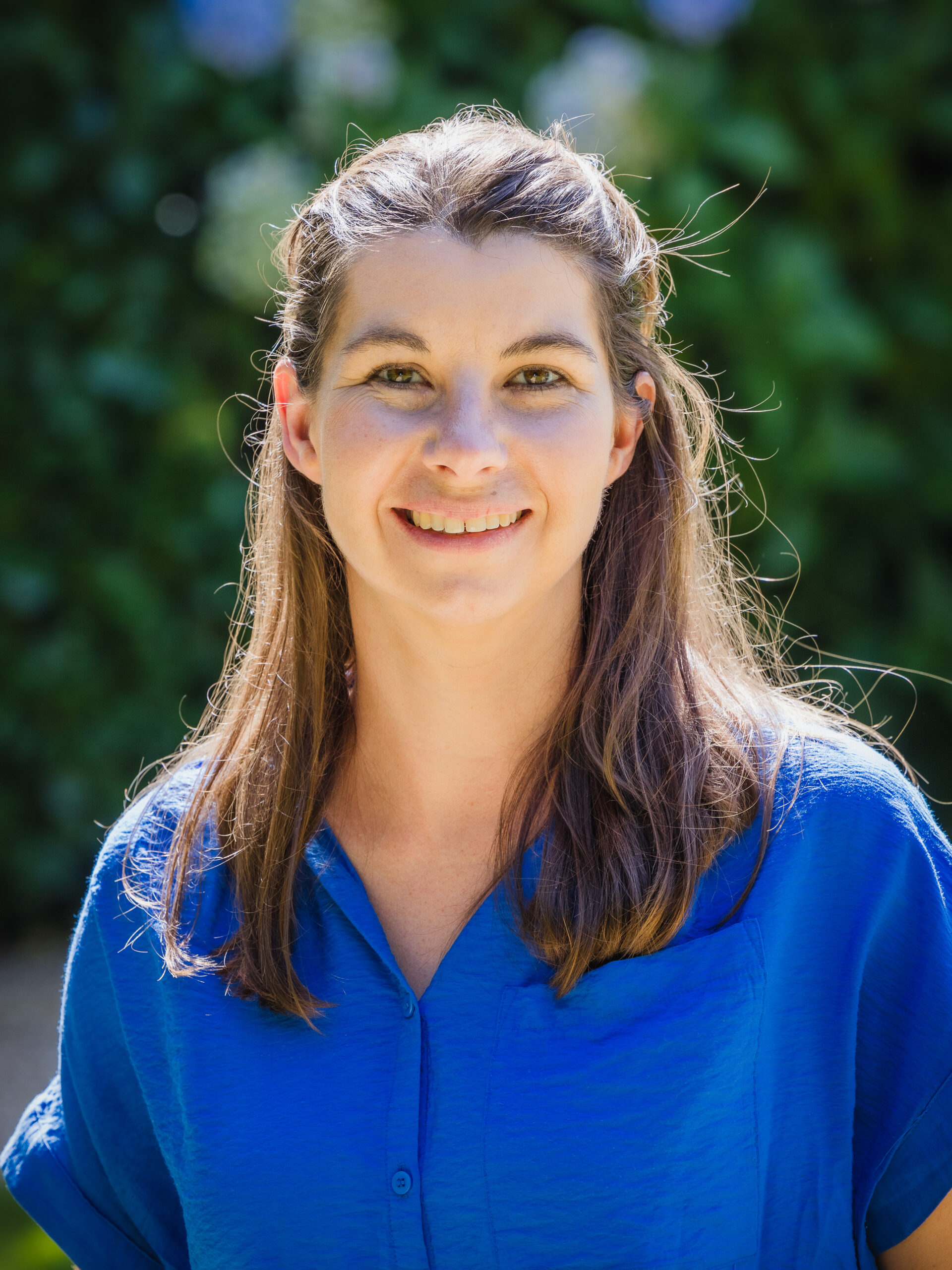A contemporary liberal education at Blanchelande College
The process of becoming who we were fully created to be is framed at Blanchelande through the Hero’s Journey, strikingly visualised in a rich iconic vocabulary that describes the emergence of heroic character.
Equally striking is the alignment of the stages in Hero’s Journey with the stages in the process of learning through inquiry – the Heroic Inquiry journey, which was developed at Blanchelande by our Head of Inquiry-Based Learning, Darryl Toerien.
Heroic Inquiry is based on FOSIL, an internationally acclaimed instructional model of the inquiry process, which is the subject of an upcoming book by Darryl and his colleague in the US, Barbara Stripling – Teaching Inquiry as Conversation: Bringing Wonder to Life – to be published by Bloomsbury Libraries Unlimited.
The Library: home of inquiry-based learning
The purpose of Blanchelande’s unique Inquiry-Based Learning department, centred in the Library, is to collaborate with and encourage collaboration between classroom-based subject specialist teachers to enable our students to become engaged and empowered inquirers, coming to know and understand their world and being prepared to participate responsibly in their communities. The department is led by two professionally qualified teacher-librarians who both began their own careers as subject specialist teachers and who understand the importance of acquiring disciplinary knowledge and skills in an interdisciplinary way.
Inquiry begins with a stance of wonder and puzzlement, inviting students to invest personally in their learning – asking themselves “why should this matter to me?”. Inquiry begins with questions, which is why all of our departmental webpages also do. It is a carefully scaffolded process, with expert guidance all the way from both subject and inquiry specialists. Students are encouraged to learn for themselves, with increasing independence as they get older. We understand the need for a blended approach, and acknowledge that direct instruction (where the teacher gives information directly to the students) has a place within inquiry as one instructional tool among many.
Further reading
Interdisciplinary Signature Work Inquiries
A distinguishing feature of a contemporary liberal education is interdisciplinary Signature Work inquiry, an extended inquiry-based exploration of a question of personal significance identified and defined by the student.
At Blanchelande we aim to have at least one Signature Work Inquiry in each phase of the school. This allows us to make sure that students have been given the skills and opportunity to practise key inquiry skills at every stage of their education, which are then available for them to use in subject-based inquiries and mini-inquiries that occur as part of routine classroom teaching.
These inquiries are focused on living well within our communities, which have an increasingly global focus as students move up through the school. In Year 1, students investigate our beautiful island home through the question “Why visit Guernsey?”. In Year 2, they venture further afield and look at “Who lives on Herm and what is life there like?”. In Years 6 and 9 we explore the UN Sustainable Development Goals, and in Year 12 students focus on their A-level subjects and the windows they provide on the world. In Year 10 and the Sixth Form we are delighted to be able to offer the our students option to take the inquiry-based GCSE and A-level qualifications – the Higher and Extended Project Qualifications. The Projects Qualifications are rightly highly regarded by universities and employers, as they equip students to deal with real-world questions and find solutions to real-world problems, and Blanchelande is an ideal place to nurture these skills.
Find more details on the Y6-13 Signature Work inquiries below.
Literacy and reading promotion: Reading to learn
The purpose of the Library programme at Blanchelande College is to enable our students to come to know and understand the world and themselves in it through reading in its widest sense, both non-fiction and fiction. This process of coming to know and understand is a learning process, and specifically an inquiry process, and extends into our support for recreational reading.
Research evidence is clear that there are a wealth of academic, social, emotional, societal and health benefits for those who choose to read in their spare time, and we believe that supporting our children to maintain and develop healthy lifelong reading habits, especially as they make the transition from Primary into Secondary school is vitally important. With screens an increasing distraction, this generation face particular challenges in developing strong recreational reading habits and as a school we have a responsibility to demonstrate how important we believe these are by dedicating curriculum time to developing them.
Building on the firm foundation that rises up through Primary, students in Year 7 and Year 8 have regular timetabled lessons in the Library as part of the English curriculum, dedicated to developing recreational reading and supported by both a specialist Librarian and English teacher. Students design their own personal reading challenges from a number of different categories in conversation with these specialists to develop themselves as readers, whether reading more, or more widely, or more deeply. Regular one-to-one discussions in these lessons encourage the students to reflect on what they are learning from their reading, what they might read next and how to progress through their challenges.
By Year 9 we hope that students’ recreational reading habits are firmly embedded, and we shift our timetabled support to informational reading as they begin their Signature Work Inquiry lessons (see above), however students are encouraged to continue to borrow for recreational reading throughout their time at Blanchelande, and we pride ourselves on being a community where reading is valued. The Library collection, displays, competitions and events are all designed to engage readers of all ages, including staff.
Further reading
A combination of people, places, collections and services
A library is so much more than a room full of books. We love the International Baccalaureate Organisation’s definition of school libraries as “combinations of people, places, collections, and services that aid and extend learning and teaching” (Ideal Libraries, 2018).
People
Blanchelande’s Senior library is staffed by two fully qualified teacher-librarians with an international reputation for inquiry, who support inquiry throughout the whole school. Darryl Toerien, Head of Inquiry-Based learning, developed the FOSIL framework of inquiry on which Blanchelande’s own Heroic Inquiry Cycle is based. He regularly writes on inquiry for international and UK library journals, and speaks at national and international conferences. He has been a member of the board of the UK School Library Association, the Section Standing Committee for School Libraries of the International Federation of Library Associations and Organisations and the National Committee of the CILIP School Libraries Group. He also speaks on a monthly podcast about FOSIL, and is in the process of writing a book about inquiry for Bloomsbury Libraries Unlimited. Darryl and Jenny, Senior Librarian and Projects Qualifications Co-ordinator, together founded and run the FOSIL Group website.
The Primary library is run by Heidi Garner, an LSA with a real heart for libraries.
Students throughout the school have the opportunity to join our thriving Student Librarian teams as part of their Blanchelande Diploma, and in the Senior School this may also be used as a service option for the Duke of Edinburgh’s Award.
Places
The Senior Library is a beautiful space situated at both the heart and top of the school and is open before and after lessons, as well as during break and lunchtimes, when it is often a hub of purposeful activity. Senior students also often choose to stay on after school until 4.30 pm and Sixth Formers use the Library for their independent study periods. The Library is a blended space with books, areas for working and reading and a computer area for working online.
Collections
The Library is extremely well-resourced with books and online collections. The collection of books – both fiction and non-fiction – is carefully tailored and constantly developing to meet the needs and interests of students at their stage of life and learning. The Library also subscribes to a range of magazines, journals and newspapers, both in hard copy and digital format, with our digital collections easily accessed through our Virtual Library (LibGuide).
Services
The purpose of the Library is to “aid and extend teaching and learning” and our services reflect that. This might be through maintaining, developing and promoting our collections, supporting students and teachers with inquiry by facilitating collaboration, delivering taught sessions, designing and delivering courses (including the Projects Qualifications) or providing staff INSET. Equally it might be helping an individual student with homework during homework club, running a club, playing chess, running events, competitions and author visits, creating displays, helping with IT issues or providing a welcoming, peaceful, friendly space where students know they can find the support they need. Because our most important mission will always be supporting our students on their current stage of their lifelong Herioc Inquiry journeys, wherever they may lead.
For more information about the Library, contact Darryl Toerien (Head of Inquiry-Based Learning) Email: toeriend@blanchelande.sch.gg.
